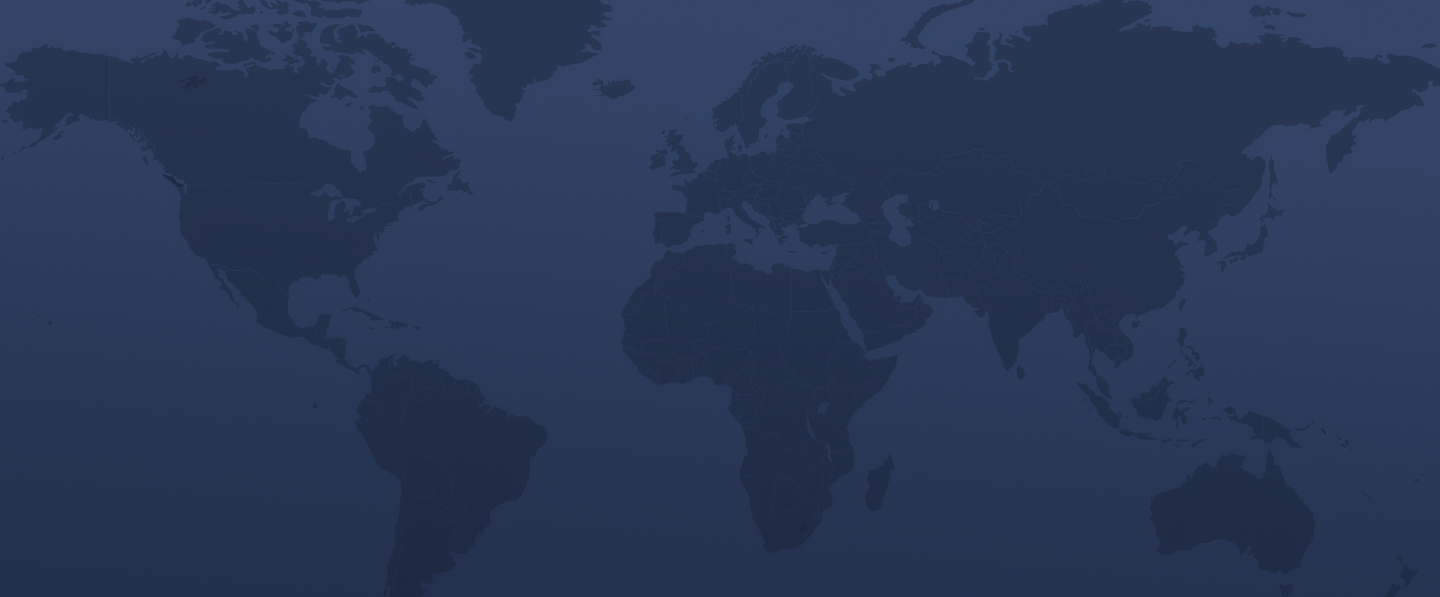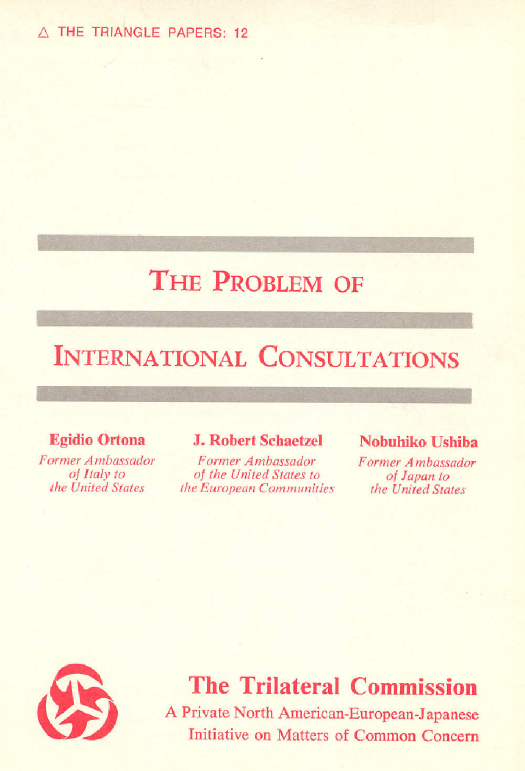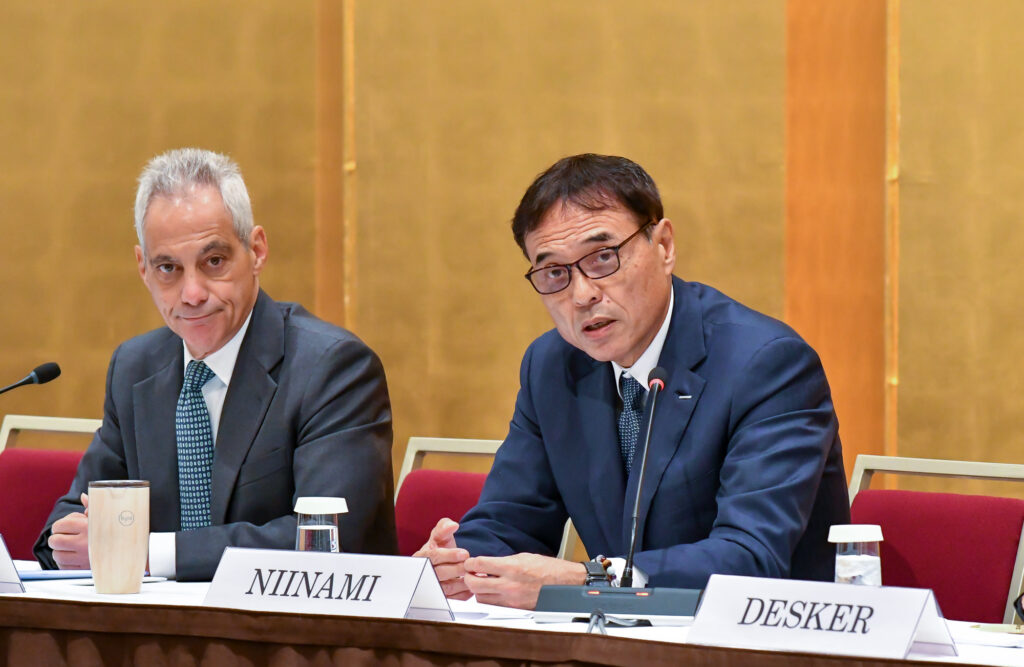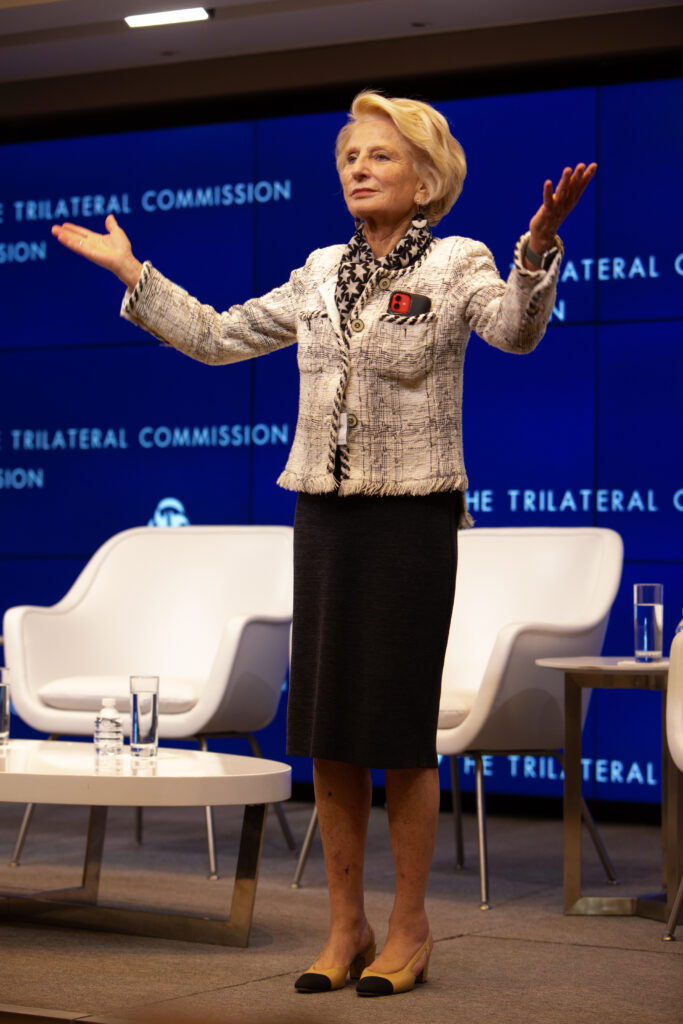Toomas Hendrik Ilves
Toomas Hendrik Ilves
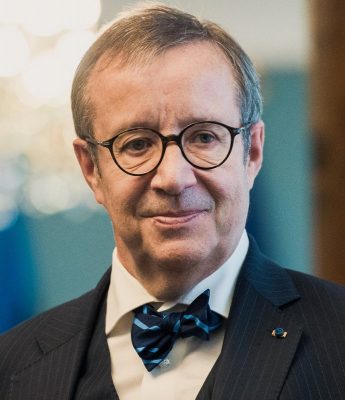
Toomas Hendrik Ilves, former president of Estonia (2006-2016) is currently a distinguished Visiting Fellow at the Hoover Institution at Stanford University; Co-chair of the WEF’s Global Future Council on Blockchain and Member of Munich Security Conference Advisory Board. Before assuming the office of the presidency, Toomas Hendrik Ilves served as vice-president of the Foreign Affairs Committee of the European Parliament (2004-6), foreign minister of Estonia (1996-2002), where he led Estonia’s EU and NATO accession process. From 1993-96 he served as Estonia’s first post-independence ambassador to Washington. From 1988 to 1993 Mr. Ilves was director of the Estonian Service at RFE-RL and prior to that a research analyst in the Research Department of RFE-RL. He is best-known internationally for his work 1995-2016 pushing Estonia to digitize its government. He is currently writing a book on democracy in the digital era. Toomas Hendrik Ilves served as chairman of the EU Task Force on eHealth from 2011 to 2012 and was chairman of the European Cloud Partnership Steering Board at the invitation of the European Commission from 2012 to 2014. In 2013 he chaired the High-Level Panel on Global Internet Cooperation and Governance Mechanisms convened by ICANN. From 2014 to 2015 President Ilves was the co-chair of the advisory panel of the World Bank’s World Development Report 2016 “Digital Dividends” and was also the chair of World Economic Forum’s Global Agenda Council on Cyber Security beginning in June 2014. Starting from 2016, he co-chairs The World Economic Forum working group The Global Futures Council on Blockchain Technology. In 2017 Mr. Ilves became an advisory council member of German Marshall Fund’s Alliance for Securing Democracy. Starting from 2018, he is a member of the advisory board of the Oxford University Centre for Technology and Global Affairs. His International awards include: 2013 NDI Democracy Award by the National Democratic Institute; 2014 Freedom Award by the Atlantic Council; 2015 Aspen Prague Award by the Aspen Institute; 2016 Knight of Freedom Award by the Casimir Pulaski Foundation; 2017 John Jay Award by Columbia College; 2017 Reinhard Mohn Prize by Bertelsmann Stiftung; 2017 World Leader in Cybersecurity Award by Boston Global Forum.
